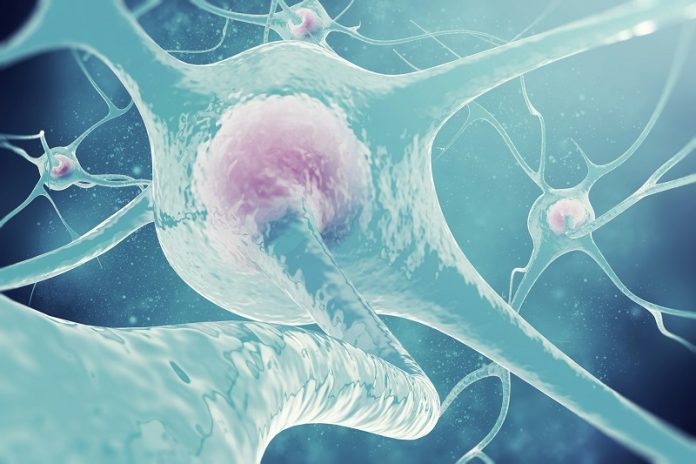
Alzheimer’s disease may damage the brain in two distinct phases, according to new research that uses advanced brain mapping tools.
The first phase happens slowly and quietly, often before any symptoms appear.
During this early stage, only a few specific types of brain cells are harmed.
The second phase is more destructive and begins when memory problems and other symptoms start to show.
This phase is marked by a rapid buildup of plaques, tangles, and other well-known signs of Alzheimer’s disease.
One of the biggest challenges in diagnosing and treating Alzheimer’s is that the brain starts to deteriorate long before symptoms appear.
“Being able to detect these early changes allows us to see what’s happening in the brain during the earliest stages of Alzheimer’s,” said Dr. Richard J. Hodes, Director of the NIH National Institute on Aging.
“This new understanding could lead to better treatments for this devastating disease.”
In this study, researchers analyzed the brains of 84 people and published their findings in Nature Neuroscience.
They discovered that damage to a specific type of brain cell called an inhibitory neuron may cause early problems in the brain’s communication circuits, potentially leading to Alzheimer’s.
These neurons are responsible for calming down other brain signals, and their loss may trigger more widespread damage as the disease progresses.
The scientists used advanced genetic tools to study a part of the brain called the middle temporal gyrus, which is involved in language, memory, and vision.
This part of the brain is known to be particularly vulnerable to Alzheimer’s-related damage.
By comparing data from healthy donors with those who had Alzheimer’s, the researchers were able to map out the changes that occur in the brain over time.
Traditionally, Alzheimer’s has been thought to damage the brain in stages, with increasing levels of cell death and protein buildup. However, this new study suggests that the disease progresses in two distinct “epochs” or phases.
The early phase involves slow, quiet changes like the gradual buildup of plaques and immune system activation, while the second phase coincides with noticeable memory loss and rapid brain damage.
This study, led by researchers at the Allen Institute in Seattle, is part of the Seattle Alzheimer’s Disease Brain Cell Atlas project. The findings offer new insights into how Alzheimer’s disease affects the brain and could help scientists develop better diagnostics and treatments targeted to specific stages of the disease.
If you care about Alzheimer’s disease, please read studies about the protective power of dietary antioxidants against Alzheimer’s, and eating habits linked to higher Alzheimer’s risk.
For more information about brain health, please see recent studies that oral cannabis extract may help reduce Alzheimer’s symptoms, and Vitamin E may help prevent Parkinson’s disease.
Source: National Institutes of Health.



